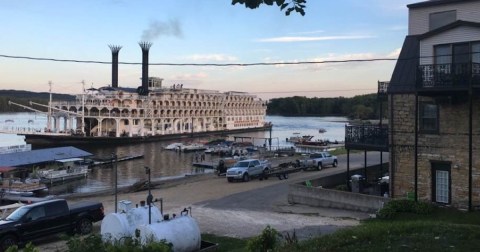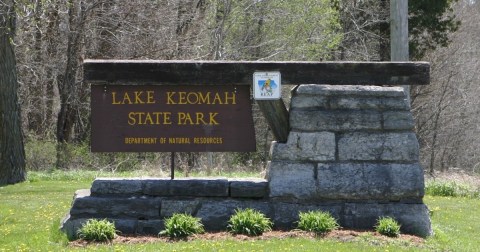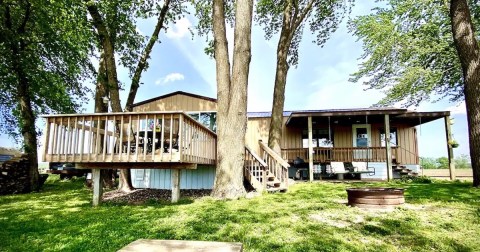This Historic House In Iowa Was Once A Stop On The Underground Railroad
Iowa is full of fascinating history and buildings. The home of Reverend George B. Hitchcock in Lewis contains some of that history. An ardent abolitionist, George B. Hitchcock made his home a stop along the Underground Railroad, a safe haven for runaway slaves and all of those who fought against slavery. The historic home now operates as a museum that is a testament to Hitchcock’s role in the antislavery movement.
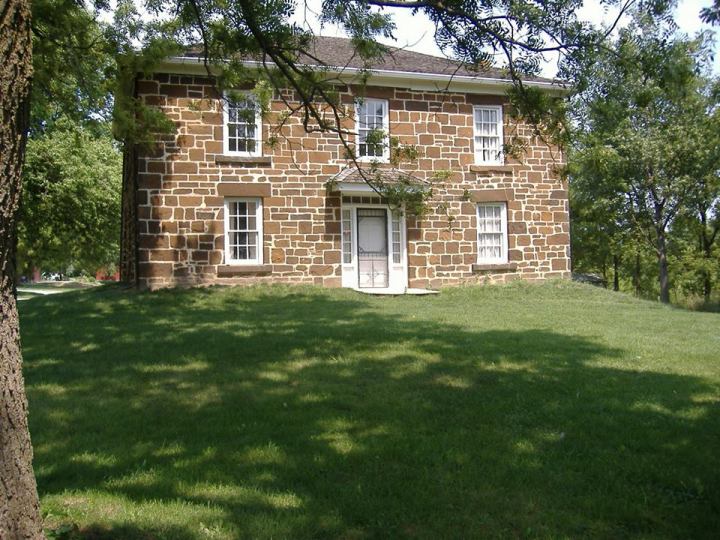
Hitchcock was born in 1812, and by 1844, he was an ordained minister, working as a traveling preacher in western Iowa. He then moved into the stone house in 1856 that is now the museum. From this house, he provided a safe place where fugitive slaves could stay on their way north. The home was designated as a National Historic Landmark in 2006.
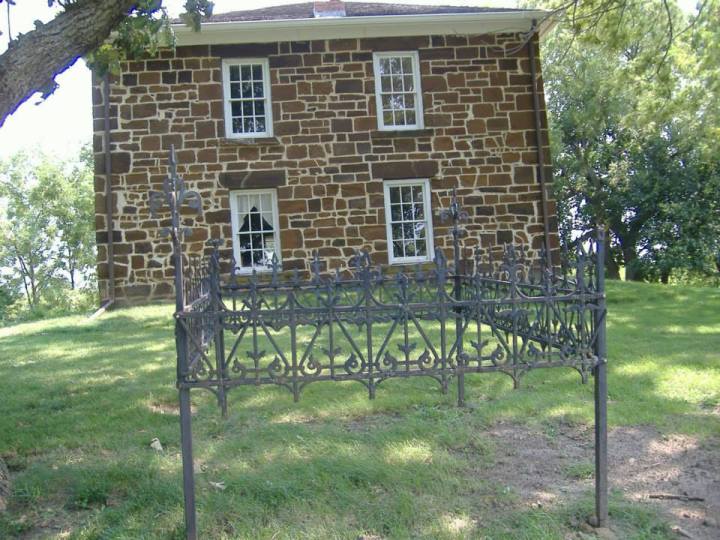
Hitchcock House is built of brown sandstone from a local quarry and walnut and oak, and it was constructed with the safety of fugitive slaves in mind. It sits on a 65-acre park with a 1.75-mile nature trail. In 2001, the house was accepted as a site on the National Park Service Underground Railroad Network to Freedom, and it is one of the few Underground Railroad "stations" that remains in Iowa. The iron fence on the side of the house memorializes an abolitionist who died for the cause in 1856.
Advertisement
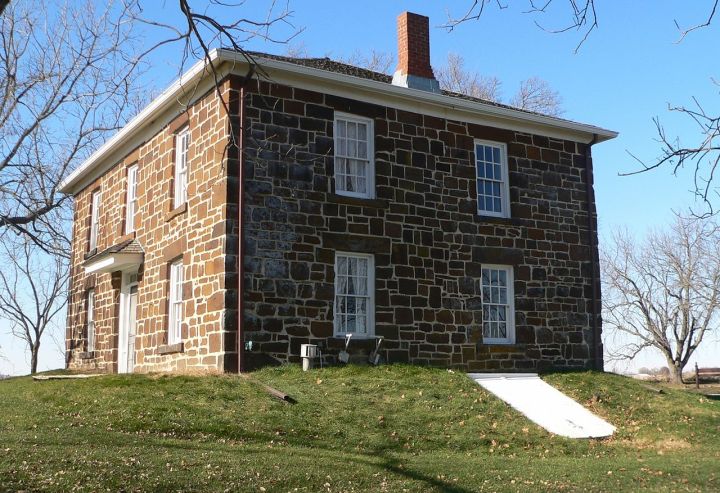
The house has a full basement with a fireplace and entrances from both inside and outside the house. There was once a hinged cupboard that separated the two basement rooms. The cupboard kept the secret room concealed, where fugitive slaves could remain hidden when they were in danger.
Advertisement
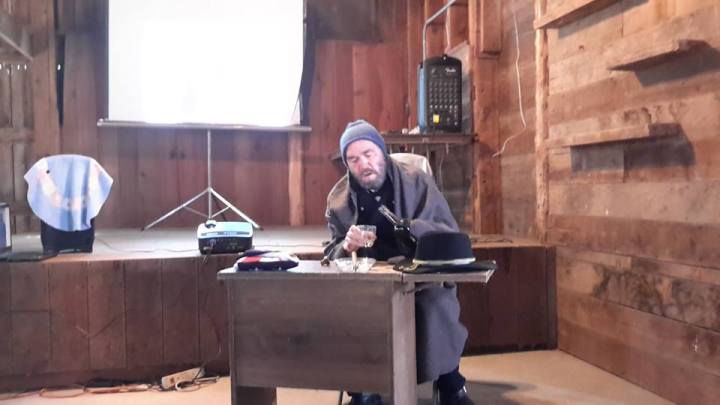
This quote from a former slave is a testament to the difference Hitchcock made in the lives of slaves he aided in finding freedom. "I am happy to inform you that I am in Canada, in good health, and have been here several days . . . This country is not what it has been represented to me and others to be. In place of its being cold and barren, it has beautiful, comfortable climate and fertile soil. . . . I subscribe myself one of the abused of America, but one of the justified and honored of Canada." - Jackson WHITNEY, upon arrival in Sandwich (near Windsor, Ontario), in a letter to a friend in Kentucky (1859).
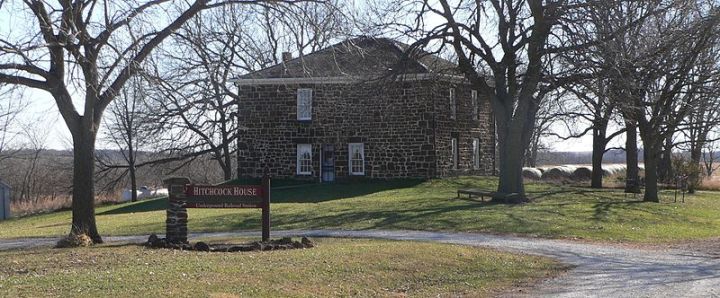
The house was abandoned in the 1960s and fell into disrepair. In 1983, a group of citizens from the area formed a restoration committee, raised money and received grants to restore the home to its former glory.
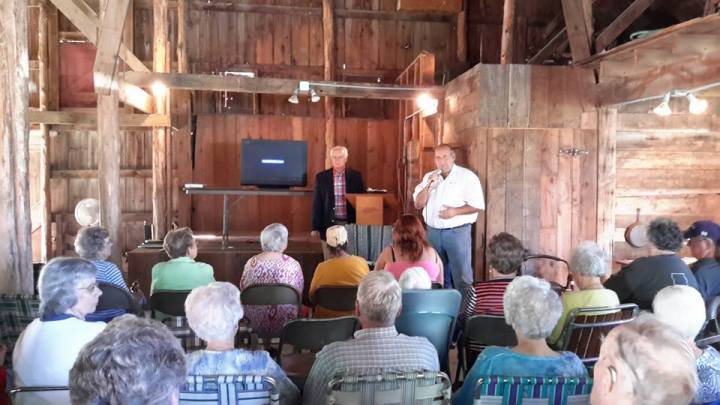
In 1865, Hitchcock went to work for the Congregationalist Church in Missouri, and two years later, he moved to Kansas. Wherever he went, he was an active abolitionist who devoted his adult life to the cause. George B. Hitchcock died in 1872 in Kansas.
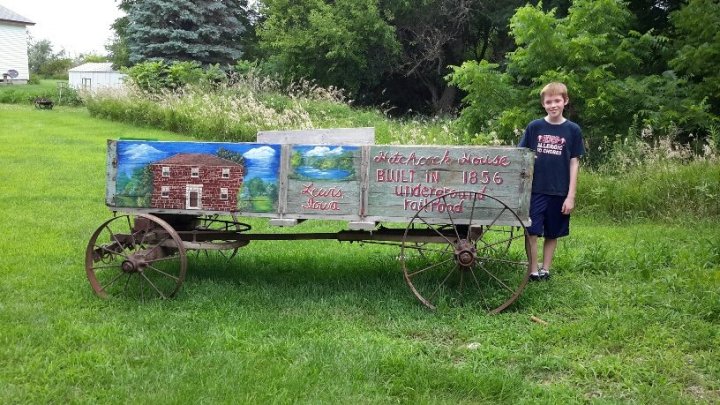

The George B. Hitchcock House is located at 63788 567th Ln., Lewis, IA. It’s open for tours Wednesday to Sunday every week from May to September. The tours are $5 per person, and all proceeds are used to support the museum.
Have you been to this house? What did you think? If you’re interested in more interesting historic Iowa places, These 17 Unique Houses In Iowa Will Make You Look Twice … And Want To Go In.
OnlyInYourState may earn compensation through affiliate links in this article. As an Amazon Associate, we earn from qualifying purchases.

